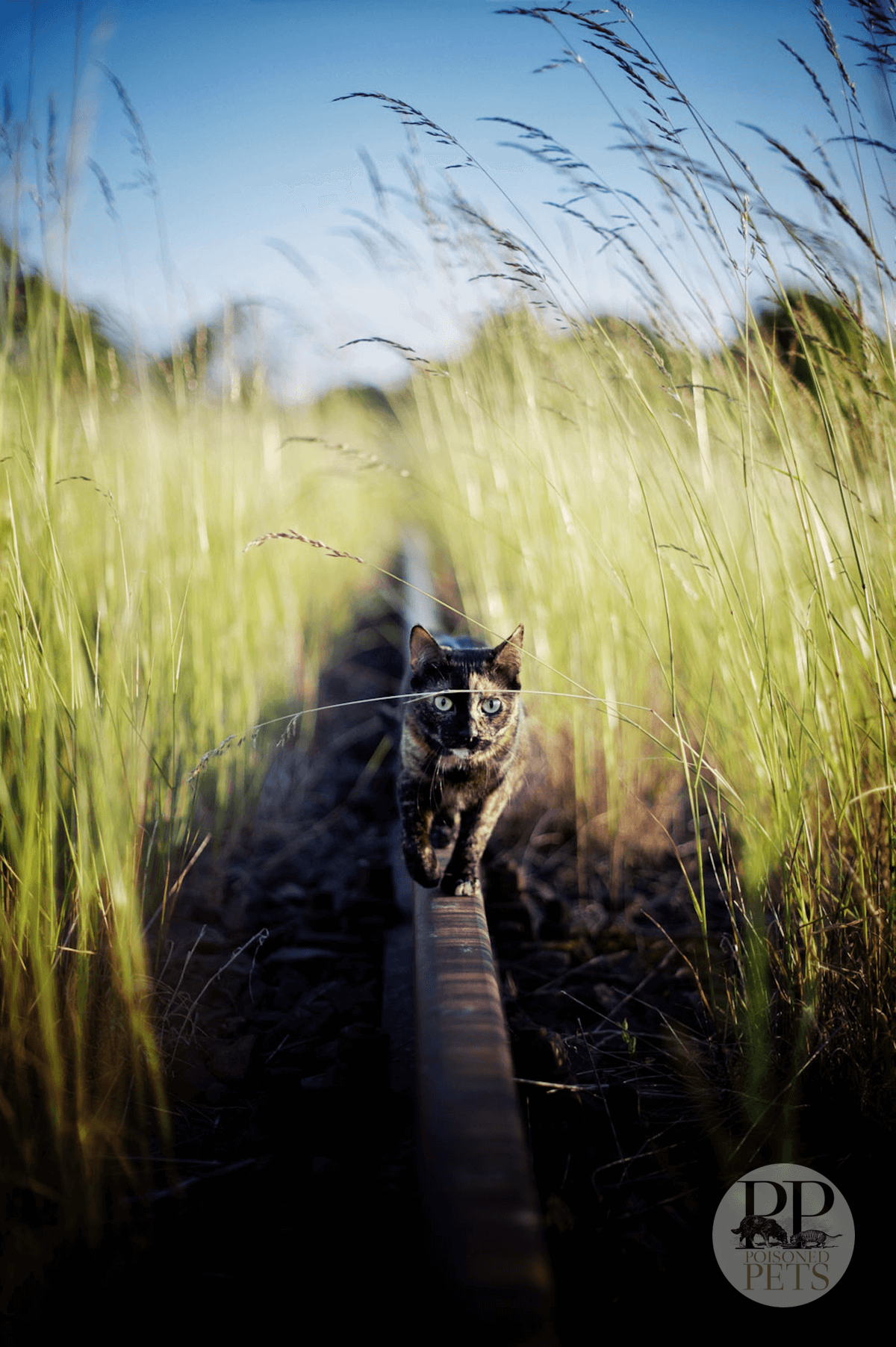In the midst of news about the world’s largest ever Listeria outbreak, another raw pet food in the US is found to be contaminated with Listeria monocytogenes.
The Radagast Pet Food Company (Rad Cat) is recalling two varieties of its raw cat food following a notification by the FDA and the Ohio Department of Agriculture that several products of multiple varieties of Rad Cat Raw Diet were purchased and tested positive for Listeria monocytogenes. The recalled products were sold in ten states.
RECALL OVERVIEW
The recall involves one lot of Free-Range Chicken and one lot of Free-Range Turkey Recipe because they have the “potential” to be contaminated with Listeria monocytogenes. According to the company press release, “Listeria monocytogenes can affect animals eating the products, and there is a risk to humans from handling contaminated pet products, especially if they have not thoroughly washed their hands after having contact with the products or any surfaces exposed to these products.”
This recall includes the two lots of raw cat food listed below:
Rad Cat Raw Diet Free-Range Chicken Lot 62762, Best Buy Date: 10/19/18, was shipped to distributors in May 2017 in CA, MN, OH, OR, PA, and RI. The product has the following UPC’s:
8oz UPC 8 51536 00103 6
16oz UPC 8 51536 00104 3
24oz UPC 8 51536 00105 0
Rad Cat Raw Diet Free-Range Turkey Recipe, Lot 62926, Best Buy Date: 05/03/19, was shipped in December 2017 in CA, CO, FL, GA, NY, OH, OR, RI, TX, and WA and sold through independent pet retail stores. The recalled product has the following UPC’s:
8oz UPC 8 51536 00100 5
16oz UPC 8 51536 00101 2
24oz UPC 8 51536 00102 9
THE DISEASE
Listeria infection leads to unplanned abortions in pregnant women or death of newborn babies. Although disease occurrence is relatively low, listeria’s severe and sometimes fatal health consequences, particularly among infants, children and the elderly, count them among the most serious foodborne infections.
Unlike many other common foodborne diseases causing bacteria, L. monocytogenes can survive and multiply at low temperatures usually found in refrigerators. Infection can also be transmitted between humans, notably from pregnant women to unborn babies.
Pregnant women are about 20 times more likely to contract listeriosis than other healthy adults. It can result in miscarriage or stillbirth. Newborn may also have low birth weight, septicemia and meningitis. People with HIV/AIDS are at least 300 times more likely to get ill than those with a normally functioning immune system.
Due to the long incubation period, it is challenging to identify the food which was the actual source of the infection. The incubation period is usually one to two weeks but can vary between a few days and up to 90 days.
Raw pet foods are often associated with listeriosis, because they are raw meat products that are made without further treatment, such as cooking, which would otherwise kill L. monocytogenes.
IF YOU BOUGHT THE PET FOOD
Consumers are encouraged to check the lot codes on any Free-Range Chicken with the Rad Cat “old label style“ with lot code on the lid of the container and any lot codes on Rad Cat Free-Range Turkey Recipe with lot codes on the bottom of the container. Any products with these lot codes should be returned to the specialty retailer where purchased for a full refund. For further details about what the labels look like refer to the recall notice.
Consumers with questions should contact Radagast Pet Food at 503-736-4649 Monday- Friday 9:00 am – 5:00 pm or contact them through their website at www.RadFood.com.
WHAT TO DO IF YOU A PROBLEM
If you believe your pet has become ill from consuming a pet food, please provide the FDA with valuable information by reporting it electronically through their Safety Reporting Portal or call your local FDA Consumer Complaint Coordinator.
If you and your veterinarian think a pet food or treat is the source of a problem – save it – because your state agricultural or veterinary diagnostic lab may want to do testing. If you need more help, find out how to report a pet food complaint to the FDA.
SINCE YOU’RE HERE …
… I have a small favor to ask. Poisoned Pets’ independent, investigative journalism takes a lot of time, money and hard work to produce. But I do it because I believe this work matters – because it might save your pets life.
If everyone who reads my reporting, who likes it, helps fund it, the future of Poisoned Pets would be much more secure. For as little as $1, you can support Poisoned Pets – and it only takes a minute. Thank you.
Please donate – even if it’s a teensy weensy amount – to help Poisoned Pets.
For More Information
Keep Listeria Out of Your Kitchen – FDA
Risk and Safety Assessment: Listeria monocytogenes – FDA
Preventing Listeria Infections: What You Need to Know – CDC
Listeriosis (Listeria infection) – CDC
Listeria – FoodSafety.gov
Listeria – WHO


